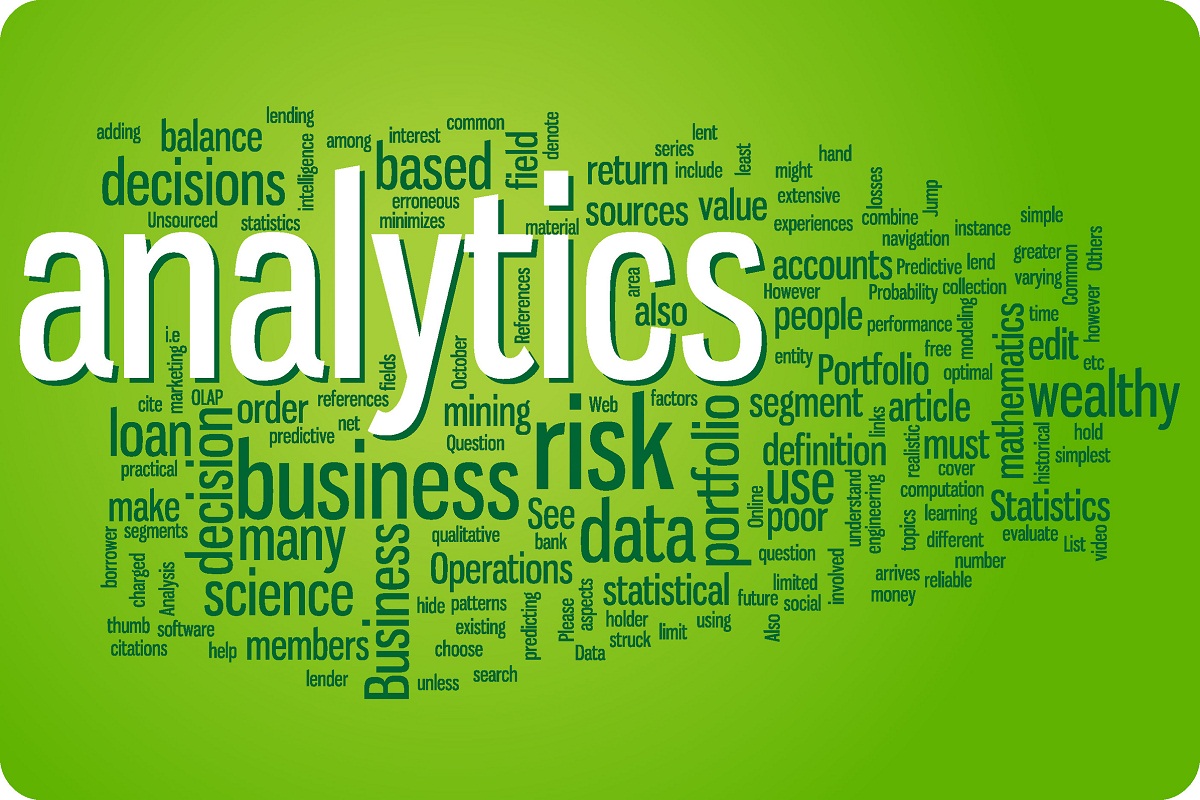What is predictive analytics?
Predictive analytics is becoming more popular, but what are the benefits?

Sign up today and you will receive a free copy of our Future Focus 2025 report - the leading guidance on AI, cybersecurity and other IT challenges as per 700+ senior executives
You are now subscribed
Your newsletter sign-up was successful
Predictive analytics allows a business to analyse past trends and data to determine how things will change in future - that could be their accounts, market trends (for example, times when they're most likely to have increased traffic flow to their website), or even to see when they're likely to need more staff due to churn.
It comprises a number of different analytical tools, including statistical algorithms, analytical queries and machine learning to determine the probability of future results based on legacy data. This could be from weeks ago, months ago, years ago or even decades. Predictive analytics is used by businesses on a daily basis to work out how they should adapt their business strategy to constantly evolve and stay competitive.
The purpose of analysing old data is to find patterns and trends in the information. This differs from traditional business intelligence because that tends to look into the future, without considering the past. It's essentially the polar opposite, although predictive analytics can form a big part of business intelligence, taking it one step further to get much more accurate results.
Benefits
One of the big advantages of predictive analytics is that one tiny tweak in the algorithm used to assess data and its possible future impact can completely change the possible outcomes, allowing for the development of various scenarios to equip businesses for almost any situation.
It can also increase organisational agility. The faster a company can gain insight into possible outcomes, the quicker it can take action which, in turn, can assist with speed of innovation, particularly when it comes to outpacing competitors.
Predictive analytics can also reduce uncertainty. Decision-making can be difficult in the face of the unknown, so predictive analytics can deliver enough insight to overcome this uncertainty and boost rapid and targeted decision-making.
RELATED RESOURCE

Transform the operator experience with enhanced automation & analytics
Bring networking into the digital era
Why is predictive analytics important?
Predictive analytics has a number of important use cases.
Sign up today and you will receive a free copy of our Future Focus 2025 report - the leading guidance on AI, cybersecurity and other IT challenges as per 700+ senior executives
One of the best known ways it is utilised is in credit scoring. Financial services use this form of predictive analytics in order to analyse a person's credit history, such as in loan applications, to score them on how likely they are of making future payments on time.
Furthermore, companies that sell consumer products may need to predict the demand for them. Retailers need these kind of accurate forecasts as holding stock on shelves can be expensive for them, especially if the stock has a sell by date. Supermarkets can combine historical sales with weather forecasts to see if there will be a spell of hot weather and know how much ice cream, beer and bbq food to stock.

By tracking purchase history, browsing patterns and other types of engagement it can also tell retailers what a shopper's next move might be. Predicting what a customer will buy online can be extremely useful as it increases the chance of another sale. It is also useful since, according to research by Invesp, 45% of online shoppers are more likely to shop on a site that offers personalised recommendations.
In the past customer segmentation took a lot of effort to carry out and made it something which could only be applied to higher priority projects. Now, predictive analytics streamlines it and supports both complex and automated segmentation of data, which means marketers can send messages to relevant customers, using their marketing spend more efficiently.
Lastly, predictive analytics can also be used to target fraud. Fraud has been detected through traditional data analysis for a long time, although it is a time-consuming process. New techniques and technologies such as machine learning can seek out accounts, customers and supplier that behave in a strange manner.

Clare is the founder of Blue Cactus Digital, a digital marketing company that helps ethical and sustainability-focused businesses grow their customer base.
Prior to becoming a marketer, Clare was a journalist, working at a range of mobile device-focused outlets including Know Your Mobile before moving into freelance life.
As a freelance writer, she drew on her expertise in mobility to write features and guides for ITPro, as well as regularly writing news stories on a wide range of topics.




